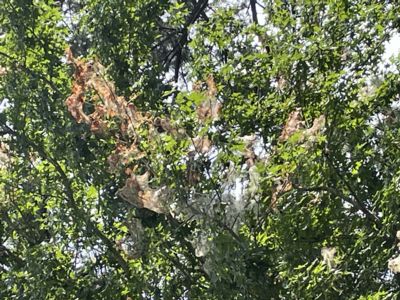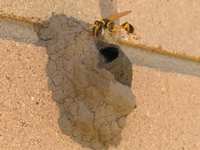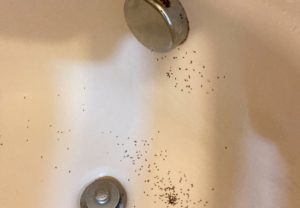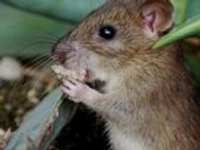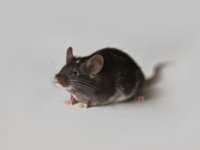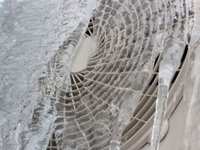- Categories :
- More
Fleas in the winter
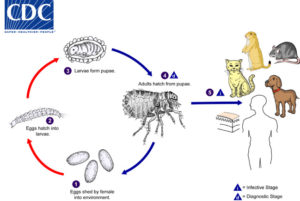
Fleas in the winter in the surrounding Houston area is definitely a thing. For those of us used to southern weather, flea issues can be year-round. Seeing fleas in the winter is mainly due to our fluctuating weather and humid conditions.
In most instances, adult fleas cannot survive in sustained temperatures below freezing for more than 5 consecutive days. Unfortunately, this past December was a warmer than unusual month for us. We have had more warmer days than cold, so we have noticed more calls from people having fleas in the winter. Just looking ahead at the proposed forecast for January, this may extend to this month as well.
We have clients that ask us how they got fleas in the winter if their pet is regularly treated for flea control. Rats and mice have been known to bring in fleas into homes. Another way is via larger wildlife walking around your yard such as raccoons, skunks and other similar critters. Wildlife could be looking for a winter meal in yours or even a neighbor’s yard.
With fleas using wildlife as a host, from here it’s a quick leap in. Once fleas drop onto the yard, they can hitch a ride from the yard onto your pet. Fleas can also get brushed onto your pant leg when you are outside. Once attached, they now have a way into your warm, cozy home. From the fleas, flea eggs can fall into crevices in carpets and small cracks on the floor. Fleas can hide in our cushions and beds depending on where flea eggs may have been dropped.
We have found fleas in the winter can be especially resilient. Specifically, because fleas don’t hibernate. If fleas have been living on a wildlife host this time of year, that host’s body temperature has been able to sustain the flea’s life cycle. If temperatures get to and stay below freezing for over 5 consecutive days, most adult fleas in the winter will die off. This is unless they have found a warm host to subsist on or can make it into your home where we normally keep temperatures warm.
Remember- Any eggs left behind in the home can lead to a re-infestation when they hatch.
Unhatched flea larvae can become dormant until spring temperatures and humidity become optimal to hatch. After hatching, they will seek out heat, vibrations and exhaled carbon dioxide which usually leads them to a host like your family pet.
Fleas need a favorable host to provide blood for growth and reproduction. A habitable environment is also needed to sustain the flea’s life cycle. Since flea issues in our area can happen throughout the year, then winter can be the ideal time to start the fight against fleas. Winter is when fleas are at their lowest numbers and the least active.
To avoid having fleas in the winter in your home, we suggest the following:
- Regularly vacuum all carpeted areas to pick up flea eggs that may have fallen and before eggs hatch.
- emptying the vacuum canister or bag and throwing it away immediately.
- Clean or replace pet bedding or other places your pet frequents.
- Wash family bedding or pillows that may have fleas on them in hot water if possible.
- Starting or continuing your pet’s topical flea treatment for prevention and to aid in prohibiting re-infestation of fleas.
- Clean and treat under family beds, behind curtains and don’t forget the hallways.
- When treating outdoors, treat under/around porches and decks, under bushes and around trees and other shaded areas.
Family pets should be checked and protected from fleas all year-round. Speak with your veterinarian as to which methods are best suited for your pet.
Call Bio-Tech Pest Control if you have additional questions about flea control. If you think you may have wild animals or rodents getting into the yard bringing in these fleas, we can help with trapping and removal as well. Contact us or call 936-249-0917and we’d be happy to help.


